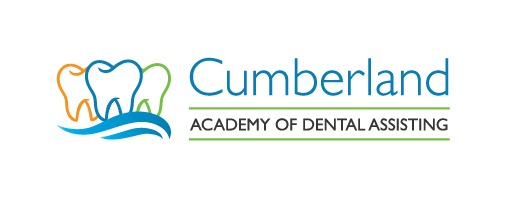That could be because they didn’t have normal sleep patterns to begin with. Daily drinking can cause disruptions in sleep as well, so quitting suddenly can be a shock to the system. After six days of sobriety, these people report vastly different experiences with sleep and other alcohol withdrawal symptoms.
Behavioral Treatment
When that person cuts out alcohol, there is a period when their brain hasn’t yet received the message and still overproduces the stimulating chemicals. With alcohol out of the equation, though, these chemicals cause withdrawal symptoms. Over time, however, the body builds a tolerance to alcohol, and a person may have to drink more and more to get the same feeling.
Alcohol Detox for Withdrawal
This article discusses the causes, common symptoms, and different stages of alcohol withdrawal. It also discusses various treatment options for alcohol withdrawal and how you can get help. Alcohol withdrawal syndrome is a condition that occurs when an individual stops consuming alcohol after a long-term dependence. Symptoms that have associations with this condition can be mild, severe, or in some cases, life threatening. Individuals experiencing mild symptoms could receive home treatment with the help of close friends and family members. However, if symptoms worsen, it is advisable to seek immediate medical attention so that individuals receive appropriate treatment.
Who Experiences Alcohol Withdrawal Symptoms?
It also provides an overview of the alcohol withdrawal timeline process and when to discuss your drinking with your healthcare provider. However, as the first day continues and hangover symptoms subside, actual alcohol withdrawal symptoms set in, especially for daily drinkers. Here’s how people reported their symptoms on day one after quitting alcohol. If you are thinking about quitting drinking, talk to your healthcare provider. Medical supervision, behavioral health treatment, and mutual-aid groups can help you through alcohol withdrawal and stay substance use group activities stopped.
Take our free, 5-minute alcohol misuse self-assessment below if you think you or someone you love might be struggling with an alcohol use disorder (AUD). The evaluation consists of 11 yes or no questions that are intended to be used as an informational tool to assess the severity and probability of an AUD. The test is free, confidential, and no personal information is needed to receive the result.
What are the symptoms of alcohol withdrawal?
Benzodiazepines like Librium (chlordiazepoxide) and Ativan (lorazepam) mixing molly and weed may also help to prevent minor withdrawal symptoms from becoming more severe. Other drugs a healthcare provider might prescribe include anxiolytics , vitamins, and suboxone. Not all people progress through all of the stages of alcohol withdrawal. Symptoms usually begin within 6–12 hours of the last drink and can last for a few days. Individuals experiencing severe symptoms may require immediate treatment at the hospital treatment to minimize the risk of potential complications.
- Doctors may require dual diagnosis treatment when addiction coexists with mental illness.
- While the recovery period may be challenging, it’s also filled with milestones that can transform your life into one that’s better than you could have previously imagined.
- When you call Alcohol Awareness, our team can get help for you immediately.
- “I can’t believe the luxury of sleep! After a really hard time, I slept for two nights! Not all night, but great sleep.”
AUD is the most common substance use disorder in the U.S., affecting 28.8 million adults. Alcohol withdrawal can range from very mild symptoms to a severe form, known as delirium tremens. Long-term recovery involves ongoing support and often includes therapy, support groups, lifestyle changes, and sometimes medication to help maintain sobriety. “I read other people’s withdrawal symptoms and how they seem to be over in a week, but mine are still hanging on … Just stomach problems and anxiety, mostly.”
Generally, you may need treatment for alcohol misuse when you can no longer control the amount you drink or how long you drink. You may also know that you need help with alcohol misuse how to flush alcohol out of your system in 24 hours when you begin experiencing consequences directly related to your alcohol misuse—but you still can’t stop or cut back on the amount that you’re drinking. To learn more about when you may need help for alcohol misuse, visit our informational page on helping someone with an alcohol use disorder or take our alcohol misuse self-assessment. Millions of people join support groups to help stop drinking and stay stopped. Studies show support groups play an instrumental role in helping people develop healthy social networks that result in continued sobriety.

